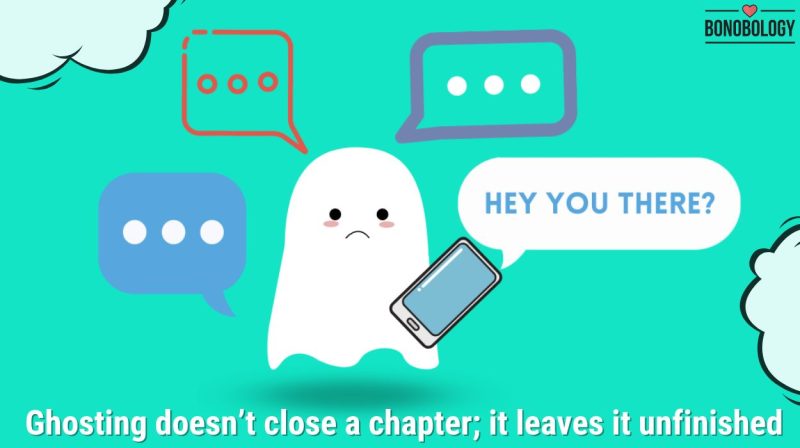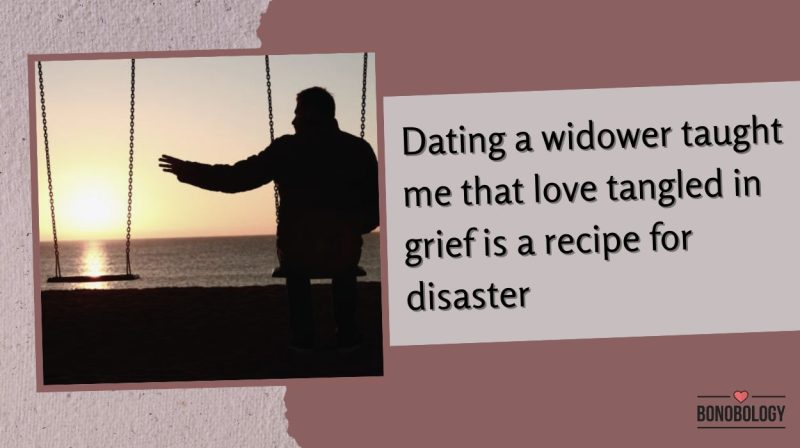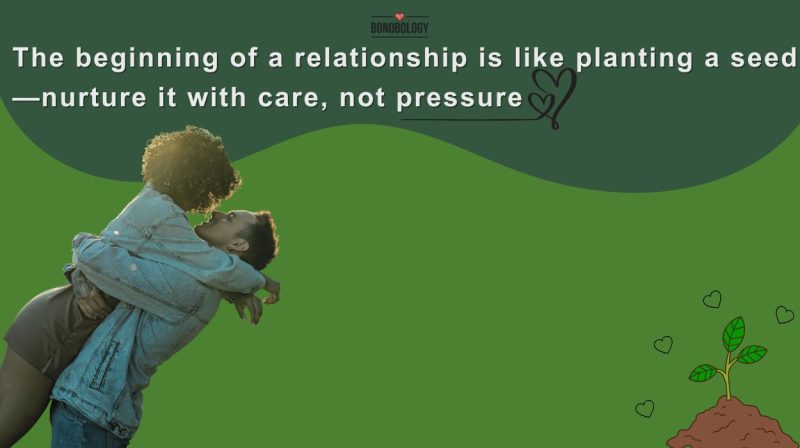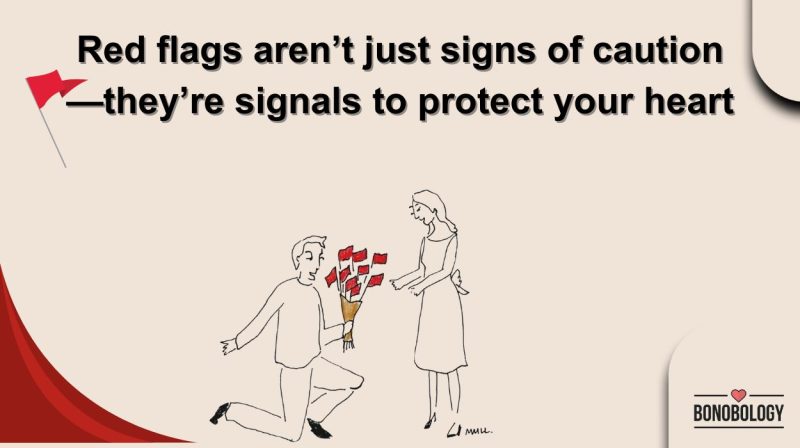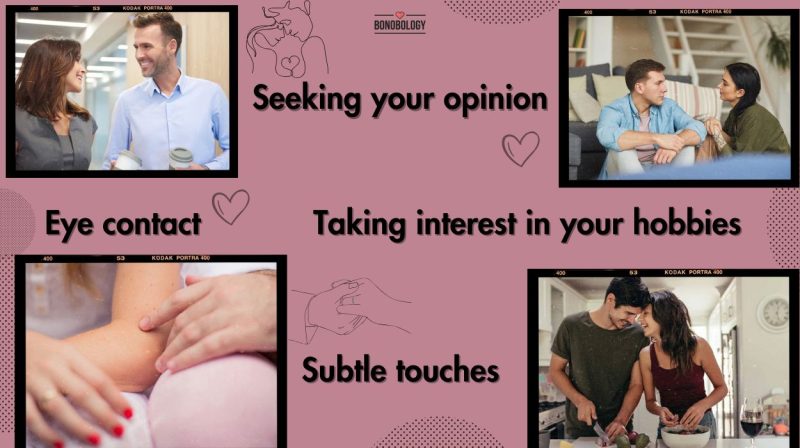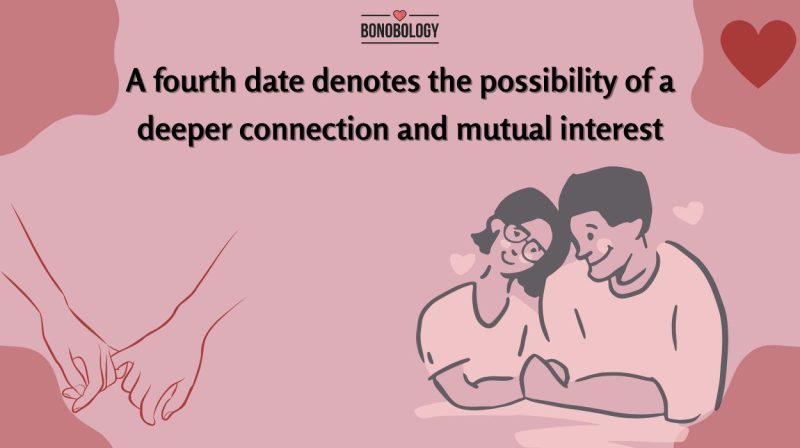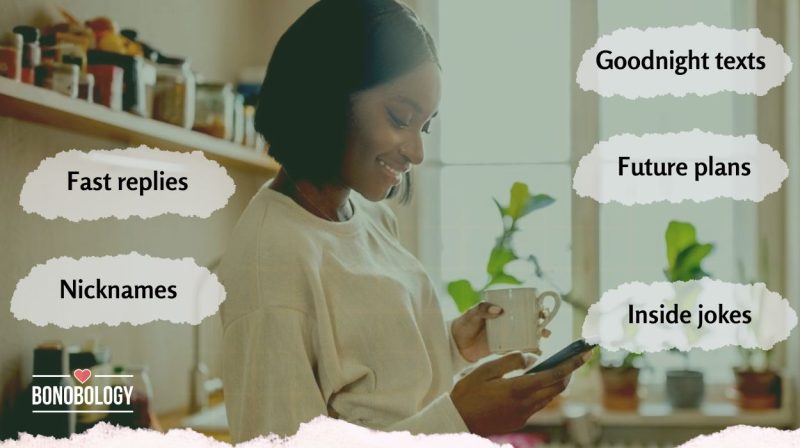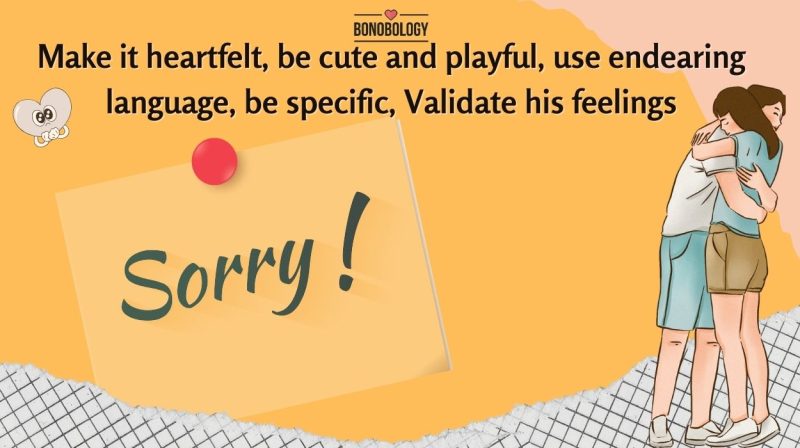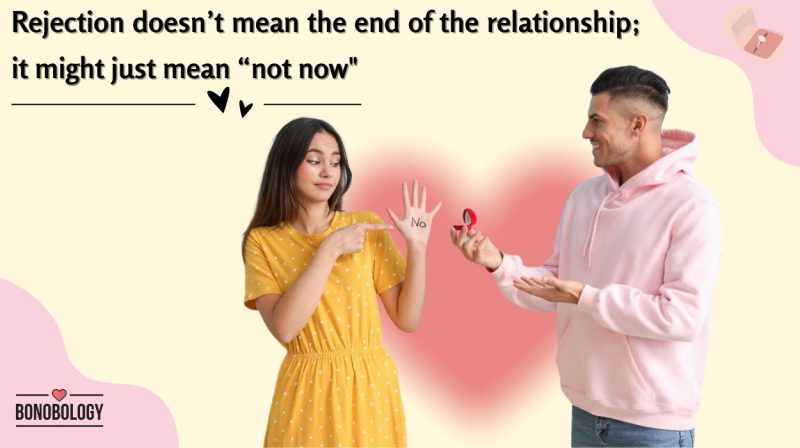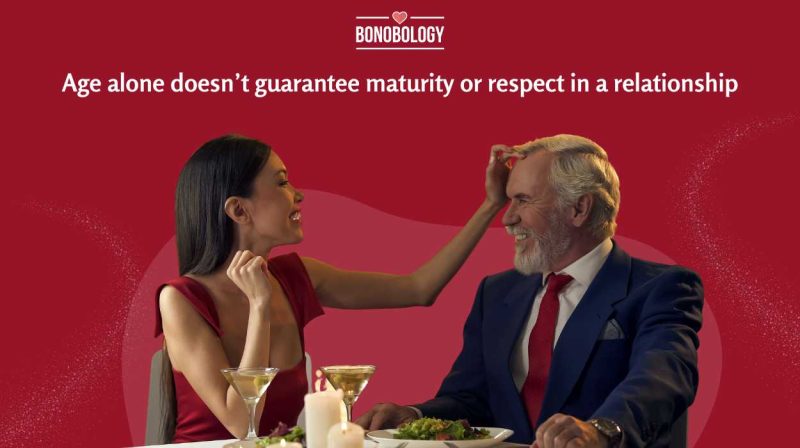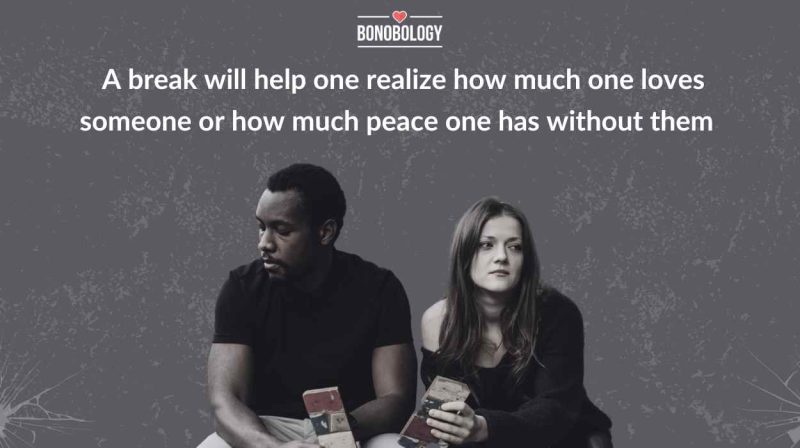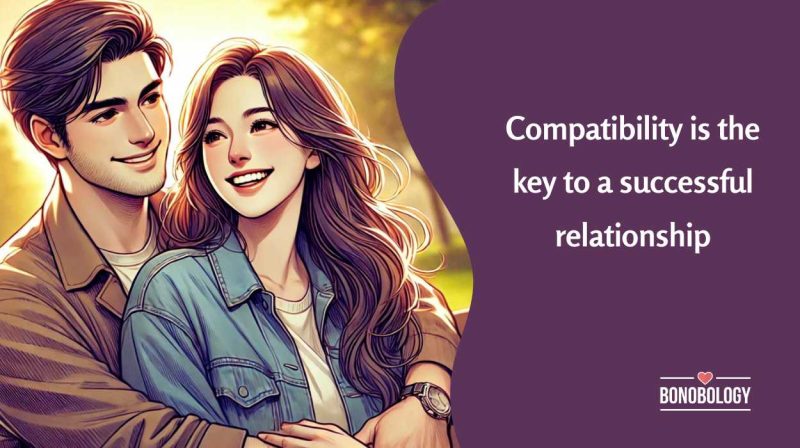The landscape of modern relationships has thrown up many interesting trends, spanning a wide spectrum—pleasant, convenient, confusing, and downright brutal. One brutal end of the spectrum lies the concept of ghosting in dating and relationships.
If you have been active on the dating scene, chances are you have had to swallow this bitter pill or have dealt it to someone else. So, it’s safe to assume that you know the short answer to, what is ghosting? It essentially means vanishing from someone’s life, suddenly, without warning or an explanation—much like a ghost. While ghosting someone may seem simple and hassle-free, its impact is often far more complex and lasting.
That’s why, I strongly feel there needs to be greater awareness about the ghosting meaning and its ramifications. Hence, this article. If you’ve recently had the misfortune of being ghosted, and are struggling with questions like: why would someone ghost you for no reason, what does it mean when someone ghosts you, or are considering pulling the ghosting act, read on. A fresh perspective might just help you handle the situation a lot better.
What Is Ghosting?
Table of Contents
First, let’s circle back to the question at hand: what is ghosting? Now, as I’ve already mentioned, and as you may well know, ghosting means ending a relationship abruptly, without any explanation or warning. However, it also means that the person being ghosted is left confused and guessing what went wrong.
Sharing her experience of being ghosted, Sheila, a 32-year-old marketing professional shares, “We were lying in bed, cuddling, and bantering about closet space. He said something about how I will have to manage with fewer shelves when he moves in. Then, he went out to get more beer, and that was the last I heard from him.”
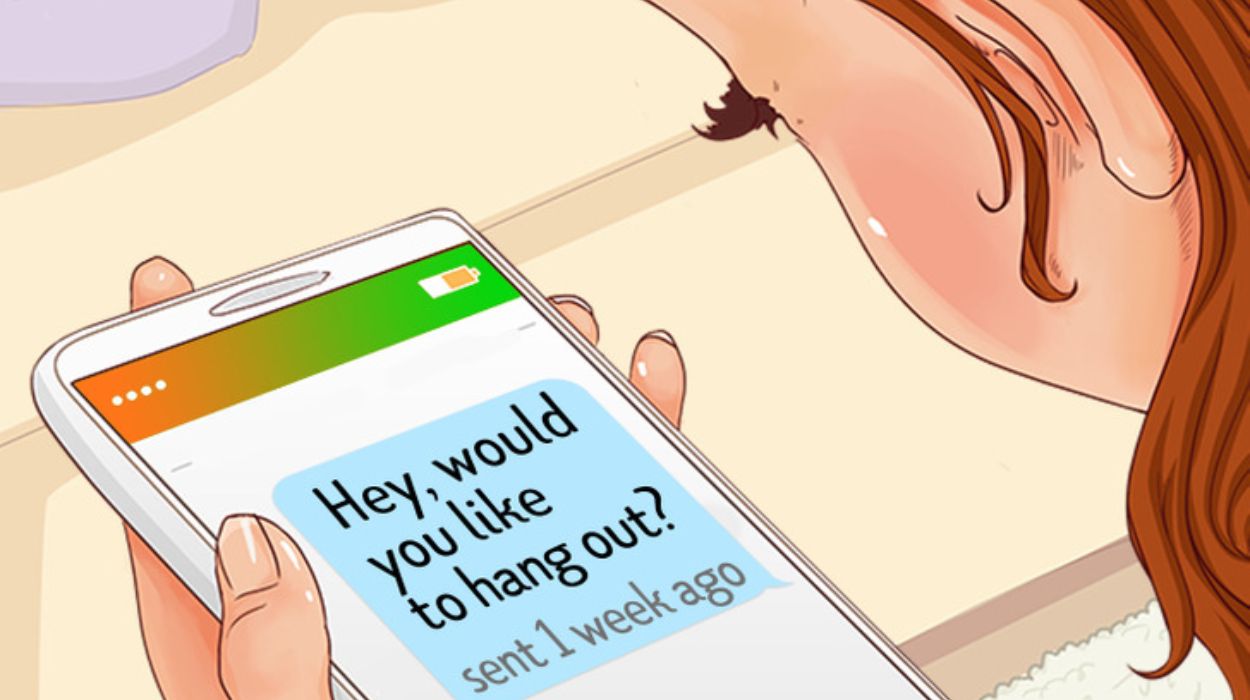
Can you imagine talking about sharing closets and moving in one moment and vanishing into thin air the next? Ghosting in a relationship or even when dating can be devastating for the mental health of the person ghosted and can leave them struggling with damaged self-esteem, low self-worth, and the pain of rejection. Brutal, like I said. Here is what makes it so:
- No warning or explanation: The ghoster cuts off communication out of the blue, without any conversation
- Becoming increasingly common: Ghosting is becoming more and more prevalent in this digital age, which means more people are grappling with its consequences
- Emotional impact: The one who gets ghosted often feels rejected, confused, and hurt
- Lack of closure: Ghosting deprives individuals of the opportunity to understand the reason for the relationship ending
Related Reading: Ghosted After First Date? Why It Happens And How To Deal
Why Do People Ghost?
Given how vicious the practice is, it’s only natural to wonder, “Why do people ghost?” Well, believe it or not, while ghosting is undoubtedly heartless, the people resorting to it may not necessarily be so. This need to just snap all contact and vanish often stems from one’s emotional baggage. It still doesn’t make it okay—not by a long shot—but the “it’s not you, it’s them” realization might just someone who’s been ghosted make peace with it. Let’s take a look at some common reasons why people ghost:
- Fear of conflict: A ghoster may not be good with difficult conversations or confrontation, and may choose the easy way out
- Emotional unavailability: Not being ready for a committed relationship or deep emotional connections
- Feeling overwhelmed: They may feel pressured or overwhelmed by the relationship’s pace and choose to disappear rather than address it
- Loss of interest: Instead of being honest, they choose the easier route of fading out without an explanation
- Avoiding hurt feelings: They might actually believe that ghosting is a gentler way to end things, thinking it will hurt less than an honest breakup
- Unresolved personal issues: Ghosters may have their own insecurities, past traumas, or commitment issues that keep them from maintaining connections
- Convenience: It is just a lot more convenient to disappear with only a few clicks than to deal with messy emotions often involved in ending a relationship
How Do You Know If You’ve Been Ghosted?
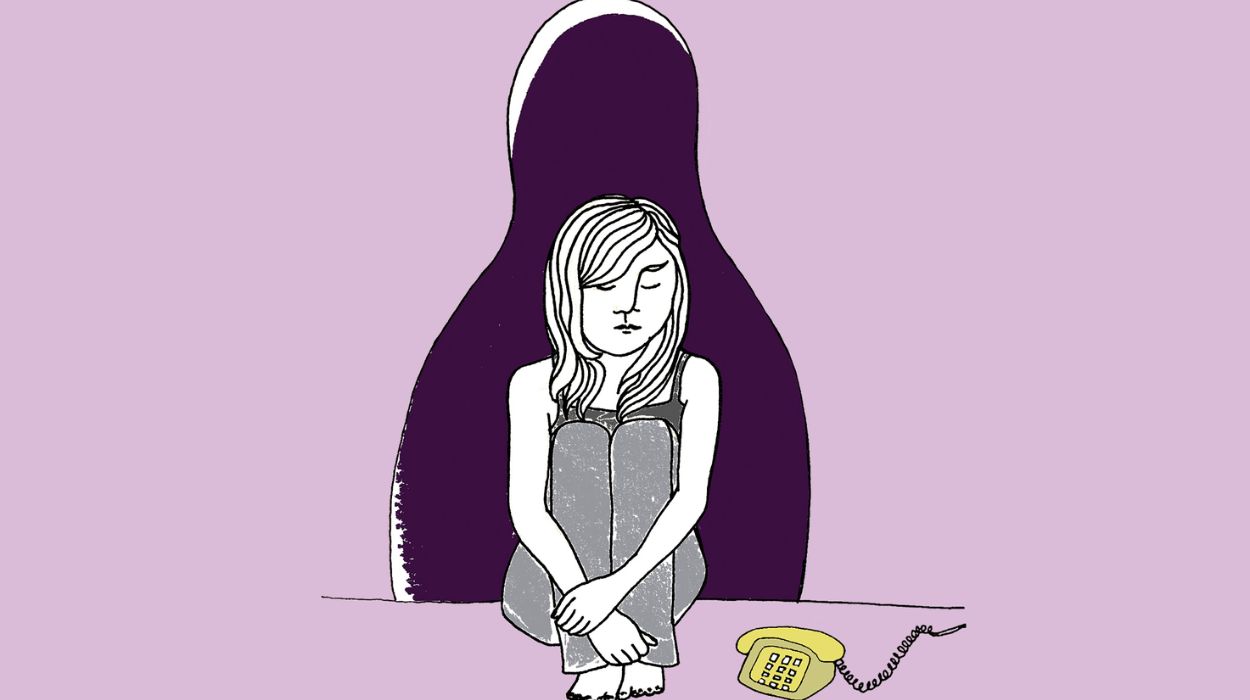
Given the complex dynamics of modern dating and relationships, it can be hard to know for sure if you’ve been ghosted—at least in the beginning. After all, unless you’re in a long-term, steady relationship, constant contact or in-person meetings are not a given. When you’re “keeping things casual”, “just going with the flow” or “not putting any labels”, it’s tricky to set expectations and boundaries. So, then, how do you know whether your romantic interest’s/partner’s sudden disappearance is because they’re busy or they’ve decided to end things? Well, any significant and persistent changes in communication patterns are your first and most obvious clue. Here is how these changes may manifest:
1. Sudden disappearance from communication
What does it mean when someone ghosts you? It means that they cease communicating with you, suddenly and without an explanation. Texts, calls, and voice messages go unanswered, which is markedly different from any natural lapses in communication that may occur if the other person is busy, preoccupied, or even in need of some space. Here is what ghosting in dating looks like:
- They’ve stopped replying to daily check-ins
- Your calls go directly to voicemail repeatedly
- You just can’t seem to reach them
Explaining why this is concerning, psychologist Dr. Jennifer Rhodes says, “Silence speaks volumes because when someone genuinely cares, they usually explain a need for space or a delay in replying.”
Related Reading: How To Respond To Ghosting—80 High-Value Responses
2. Unexplained absence from social media
Unfollowing, ignoring, or blocking someone everywhere is ghosting 101. “Ghosters often use social media blocks to create a hard boundary, eliminating the possibility of contact,” explains therapist Natalie Jones. If someone is ghosting you, they may go from frequent contact to sudden, eerie silence. They may create an intentional distance by:
- Suddenly unfriending/unfollowing you on Facebook or Instagram
- Block you or make their account private without warning
- Not respond despite being online
- Consign your DMs to the seen-zone
3. Sudden drop in effort and interest
If your conversations have gone from engaging to non-existent or their responses are vague or so uninvested that there is just no scope to take the conversation forward, you might be in the early stages of being ghosted. This approach is also known as soft ghosting or caspering, where a person gradually decreases contact with replies that make them seem uninterested in the conversation before eventually ceasing communication altogether. A person soft-ghosting you may,
- Send monosyllabic texts like“okay”, “yeah”, or “hmmmm”
- Stop texting first but still reply
- Stop initiating plans or meaningful conversations
“When someone starts withdrawing, it’s often because they’re preparing to disconnect completely.”
—Susan Winter, relationship expert
4. Ignoring direct questions or avoiding plans
A ghoster may evade any attempts to make plans or dodge questions about where things are headed. “Ghosters often avoid accountability by keeping plans vague, leaving the other person in a constant state of uncertainty,” says relationship coach Lindsey Ellison. This is often a sign that a person is losing interest and taking a step back, and may result in behaviors like,
- Rescheduling dates without a solid reason
- Deflecting questions about the future
- Being non-committal about their availability, be it for short-term or long-term plans
5. You feel like you’re talking to a wall
How do you know you’re experiencing ghosting in dating or a romantic connection? Well, it starts to feel like you’re talking to a wall. The lack of communication and effort gets so frustrating that you want to put an end to it yourself—which is exactly what the ghoster may want. To that end, they may,
- Stop initiating contact
- Stop asking questions
- Keep their responses short and close-ended
- Take painfully long to respond to texts or return calls
Impact Of Ghosting
We’ve already talked about the feelings of unworthiness and hurt being ghosted evokes in a person, and also touched upon the fact that the need to ghost stems from a person’s own emotional baggage. As it turns out, the act of ghosting is not so cut and dry after all. Here is how being ghosted plays out on the psyche of people:
Related Reading: What To Do When He Ghosts You And Comes Back
How ghosting impacts the ghosted
Being ghosted can be a deeply painful experience. Psychologist Dr. Jennice Vilhauer says, “The silence of ghosting creates a cognitive dissonance, forcing the ghosted to mentally fill in the blanks, often in ways that are self-critical.” As a result, the person who has been ghosted may feel rejected, confused, and question their self-worth.
The lack of closure and clarity about why the relationship ended can leave a person wondering what went wrong, and the ambiguity can lead to,
- Feelings of insecurity
- Self-doubt
- Emotional distress
- Anxiety
- Trust issues
This lingering uncertainty makes it challenging to heal, as they’re left without a clear reason to move on or an understanding of what happened.
How ghosting impacts the ghoster
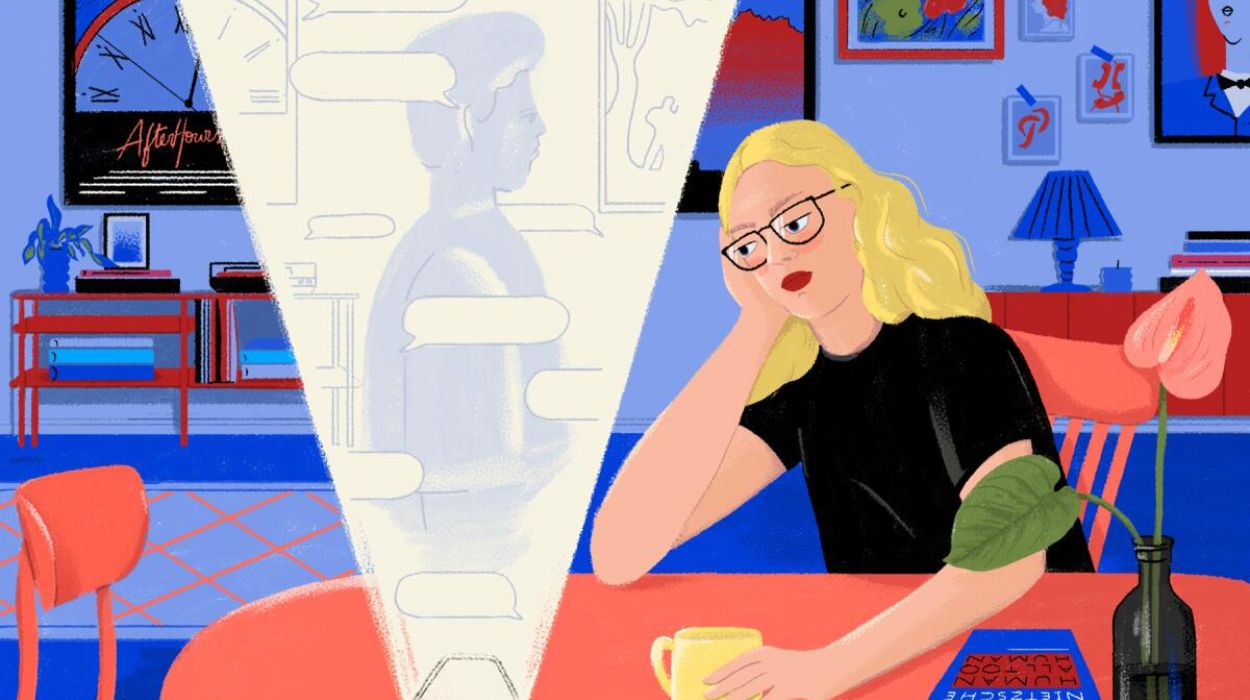
While ghosting may seem like an easy way out for the person cutting all contact, it can impact their mental and emotional well-being as well. Therapist Sarah Stoltz explains, “By ghosting, individuals sidestep personal responsibility, but this behavior can often reinforce patterns of avoidance and emotional immaturity.”
The short-term relief of avoiding difficult conversations often gives way to guilt and regret over time. Besides, the avoidance of accountability can hinder a ghoster’s ability to form deep, honest connections in the future since they haven’t learned how to deal with relationship challenges and uncomfortable conversations in a healthy manner.
Related Reading: How To Make A Guy Regret Ghosting You—21 Foolproof Ways
Is It Ever Okay To Ghost Someone?
Now that we’ve established beyond doubt that ghosting can be extremely emotionally damaging, not just for the one being ghosted but also for the one doing it, the question of whether it’s okay to ghost someone may appear moot. But what if I told you that ghosting is actually the sensible choice in many relationship scenarios? Yes, you read that right—sometimes, relationships can get so damaging that cutting all contact and maintaining radio silence may be the only way of self-preservation available to a person. Here are some such scenarios:
- Toxicity or abuse: If you’re in a toxic or abusive relationship where your partner constantly tries to manipulate and control you, cutting off communication entirely can be a necessary form of self-protection
- Disrespect for boundaries: If someone disregards your clearly defined boundaries—such as a need for space or not wanting to pursue a relationship—ghosting can be a way of prioritizing your needs
- Brief and casual connection: When moving on from a fling or a connection that is still new and casual (you have been on one or two dates or are still in the talking stage and there are no expectations from one another), ghosting may not be the worst idea since there is no heavy emotional involvement
- Aggression or possessiveness: Ghosting someone who is persistently pushy and aggressive, whether in making plans, seeking validation, or pressuring you into situations that make you uncomfortable is perfectly legitimate
When is ghosting not okay
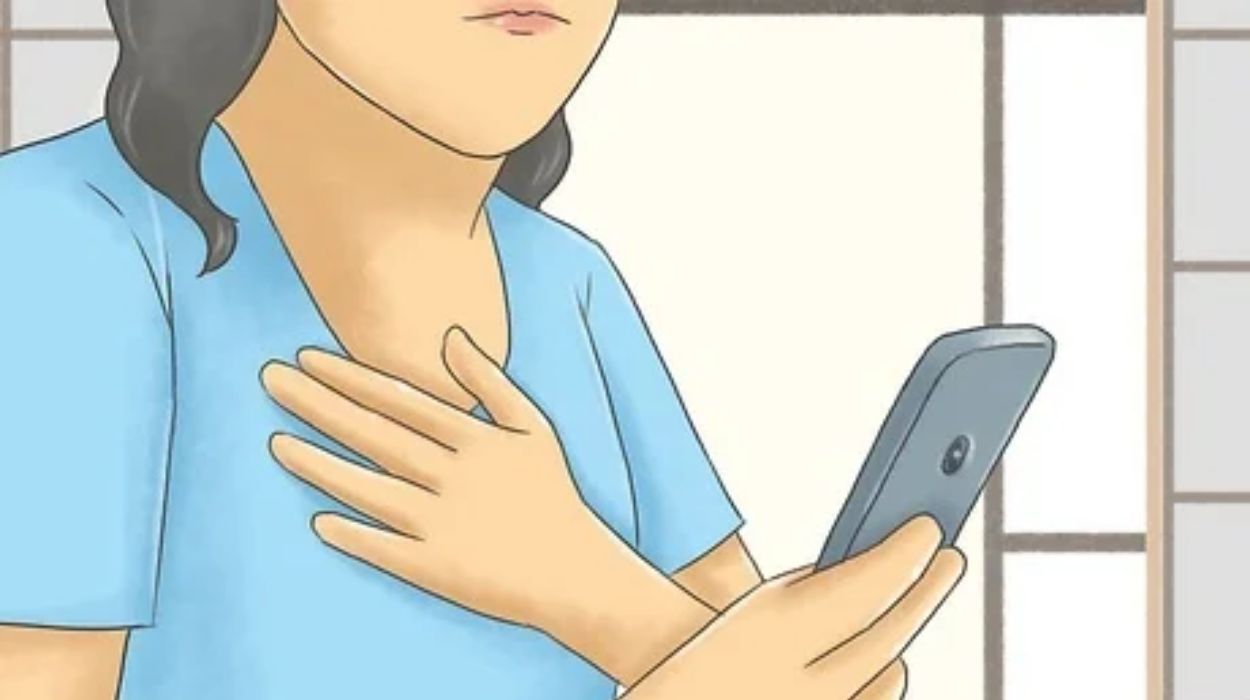
I’d say in every other scenario, except from the ones cited above, ghosting is a poor choice. It becomes particularly troublesome in the following instances:
- In a committed, long-term relationship: Ghosting a partner in a committed relationship is disrespectful and damaging. Your sudden disappearance can leave them feeling blindsided and deeply hurt
- After multiple dates: If you’ve invested significant time with someone and a deep connection has started to take hold, the abrupt exit can feel like a betrayal
- When you have a common social circle: If you have mutual friends or a common social circle, ghosting can create awkward situations and lead to misunderstandings that affect not just the person being ghosted but also others involved
- They’ve been kind and respectful: If someone has treated you with kindness and respect, it’s only fair that you return the favor and honestly communicate that you’re not interested in continuing the relationship
Alternative to ghosting
If you’re not in a toxic, abusive relationship, or dealing with someone who constantly disregards your boundaries or pushes you to do things you’re not comfortable with, you ought to consider an alternative to ghosting. In other words, take the time-tested approach to ending a relationship/romantic connection by:
- Having an honest conversation: Convey your feelings to the person. Be direct and assertive but kind. Let them know you’re not interested in continuing the relationship/ connection
- Send a clear and respectful message: Breaking up over text isn’t cool but it’s definitely a better alternative than ghosting. If you cannot have the conversation in-person, send a brief but clear message conveying your intentions. For instance, “I enjoyed our time together, but I don’t feel a connection moving forward.”
- Set boundaries: Once you’ve conveyed your desire to end things, set clear boundaries instead of disappearing. Be firm but polite in doing so
- Take some space: If you’re uncertain about your feelings or are caught in an on-again-off-again kind of situation, some distance can do you good. Take some time and space to clear your head and be sure about what you want. If you feel the connection fading away, convey it to the other person before moving on
What To Do When Someone Ghosts You — 7 Ways To Cope
Despite the growing consensus on the impact of ghosting in a relationship, it happens all the time. Sometimes, in situations where you least expect it. Sammy, a 25-year-old Economics student, tells me, “I had been dating this guy for close to 6 months. One evening, we were texting and he said, “How do you feel about baking cupcakes this weekend? I want us to do something cozy together.” It sounded so intimate and romantic, I was over the moon.
“Toward the end of that conversation, he told me the next couple of days were going to be really hectic for him and that he’ll see me on Saturday. I excitedly went out on Friday and bought all the ingredients for our baking-together date but I never heard from him again. He just vanished without a word.”
What happened with Sammy—or with Sheila, for that matter—is not an unusual or isolated experience. So many of us have been there, and for many more still, this brutal blow could be just around the corner. When it strikes, it can be hard to figure out what to do when someone ghosts you. Fret not, I’m here to help with these 7 expert-backed tips on how to deal with ghosting:
Related Reading: 8 Sensible Ways To Deal With Rejection In Love
1. Acknowledge your feelings
To deal with being ghosted, whether while dating or in a relationship, you need to embrace your emotions and allow yourself to feel the full extent of sadness, anger, hurt, betrayal, or confusion you’re experiencing. Bottling up your feelings or invalidating them can prolong the healing process and also lead to unhealthy coping mechanisms.
No matter how short-lived the connection was, whatever feelings you experience upon being ghosted are valid. Don’t tell yourself otherwise. “Romantic rejection can trigger our most vulnerable feelings,” says therapist Dr. Lisa Firestone, “Acknowledging the pain is the first step toward letting it go.”
2. Don’t chase closure
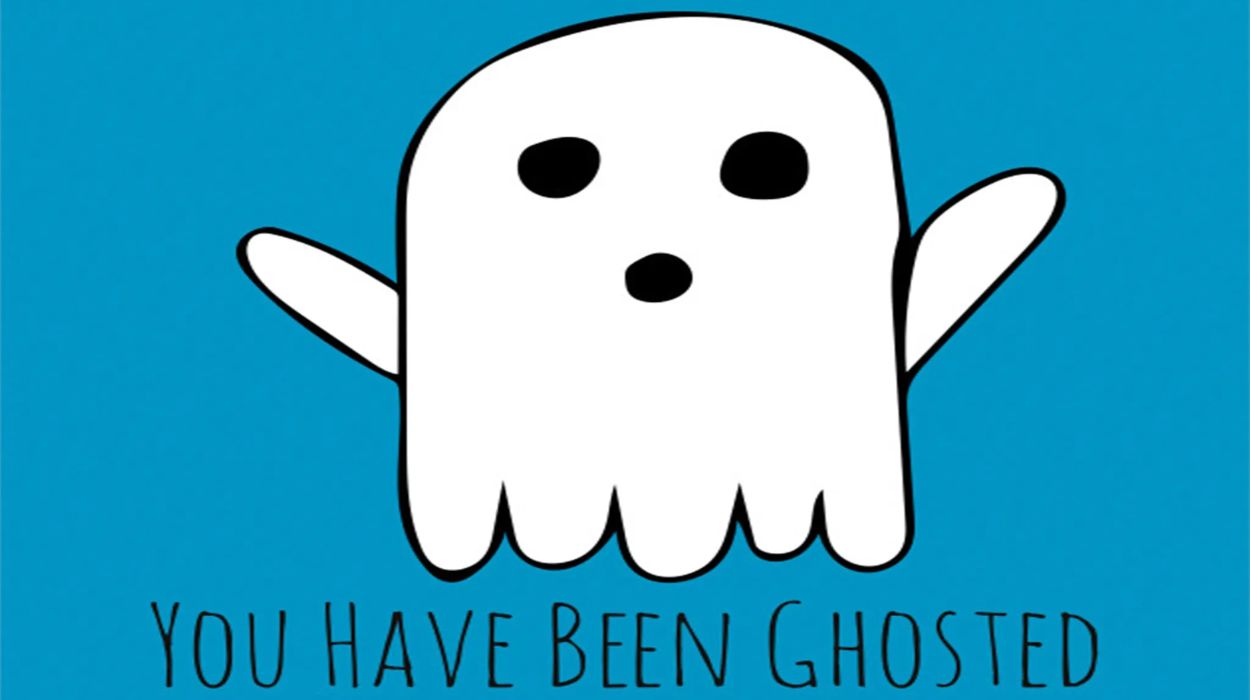
Moving on without closure is one of the hardest things to do. However, if someone has chosen to ghost you, you can be certain that you won’t get the answers you seek about the what and why of it all. If the person had it in them to have these uncomfortable conversations, they wouldn’t have ghosted you to begin with. Refrain from trying to establish contact with the ghoster in the hopes of getting an explanation for their behavior. If you’ve already sent a message or two, give yourself permission to stop and move forward, trusting that their silence speaks for itself.
3. Avoid self-blame
Did I do something wrong? Was I too pushy or clingy? Was I not good enough? These thoughts are bound to come up as you grapple with the question, why would someone ghost you for no reason? Don’t dwell on them. Ghosting says more about the person who ghosted you than it does about you. Often, the reasons have nothing to do with you. Avoid assuming it was something you did wrong.
“Ghosting often says more about the ghoster’s inability to handle tough conversations than about you.”
—Amy Chan, relationship coach
4. Practice self-care and be kind to yourself
When you’re nursing an aching heart and dealing with overwhelming emotions, it’s absolutely vital to prioritize self-care to lift your spirits and reinforce your sense of self-worth. “When you practice self-care, you remind yourself that you are valuable, and no one’s actions can change that,” says wellness expert Jayne Hardy. So, take the time to immerse yourself in activities that bring you joy and peace, be it,
- Spending time with friends
- Picking up a hobby
- Focusing on your goals
- Treating yourself to something nice
Related Reading: “My Ex Moved On Like I Was Nothing”: Tips To Cope
5. Learn from the experience
Being ghosted is undoubtedly a painful experience but it can also bring in its wake a lot of valuable lessons. Perhaps, you missed some early relationship red flags because you were so taken with this person, but now, in hindsight, you see that warning signs of misaligned needs, goals, and expectations were there all along. Use this experience to make sure you don’t let that happen again. For example, if the person was inconsistent with communication early on, it may have been a sign of their reluctance to commit, which you can watch for moving forward.
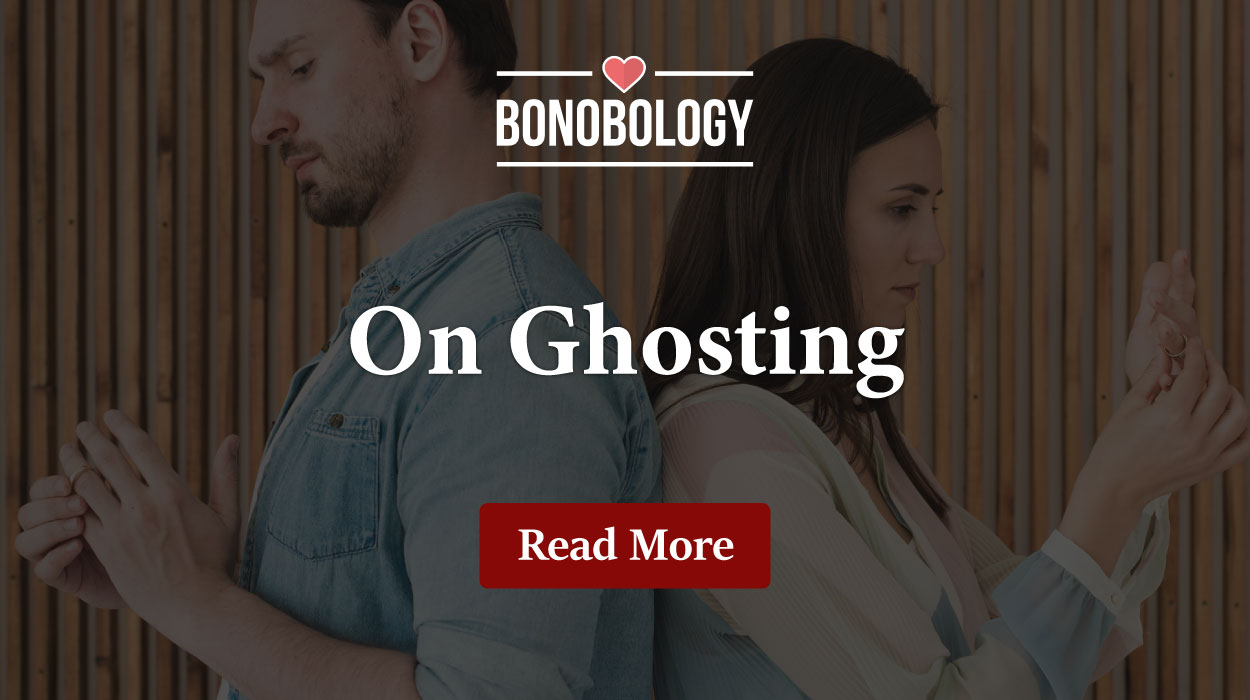
6. Lean on your support system
If you feel alone or lost or unworthy after being ghosted by a romantic partner/interest, don’t wallow in isolation. Instead, reach out to your loved ones—friends and family—for support. The people closest to you can remind you of your worth and help you reframe the situation. Besides, all the love and support they have to offer can help you pick up the pieces and move forward.
7. Consider seeking professional help
If you’ve tried everything in your power but the emotional trauma of being abandoned by someone you trusted and invested in looms large, it may be worth considering seeking professional help. A therapist can provide valuable perspectives and support, guiding you through feelings of rejection and help build resilience. If you’re considering seeking help but don’t know where to start, skilled and experienced mental health professionals on Bonobology’s panel are here for you.
Key Pointers
- Ghosting is the abrupt ending of a relationship by cutting off all communication without explanation, leaving the person ghosted feeling hurt and confused
- Common reasons include fear of conflict, emotional unavailability, loss of interest, and avoiding difficult conversations. Some ghosters mistakenly believe disappearing is kinder than a direct breakup
- Warning signs include sudden communication cutoff, social media disconnection, vague responses, avoiding plans, and low effort in conversations
- Ghosting affects both the ghosted (leading to self-doubt and emotional distress) and the ghoster (potential guilt and issues in future relationships)
- To cope with being ghosted, you need to acknowledge your feelings, practice self-care, and learn from the experience
Final Thoughts
While ghosting has come to be accepted as a convenient exit strategy, it comes at a significant emotional cost. It leaves in its wake a trail of unanswered questions and unresolved emotions, which can make it hard for the person being ghosted to find closure and move on. On the other hand, ghosters may find themselves entangled in patterns of avoidance that hinder healthy connections. Honest communication, no matter how difficult it seems in the moment, is always the better alternative when it comes to ending romantic connections.
11 Easy And Effective Tips To Survive Heartbreak Without Breaking Yourself
Your contribution does not constitute a charitable donation. It will allow Bonobology to continue bringing you new and up-to-date information in our pursuit of helping anyone in the world to learn how to do anything.

